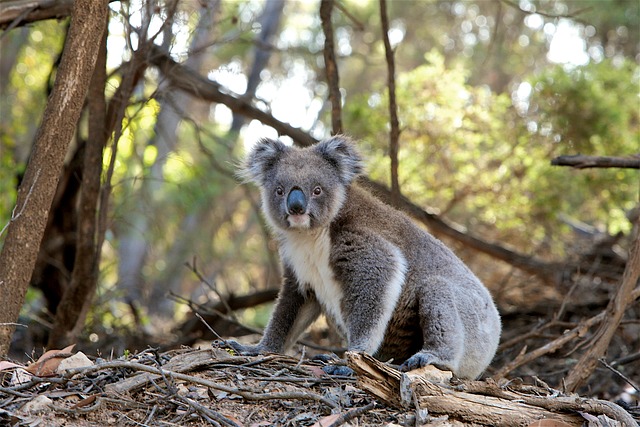HARRISONBURG, Va. — The Harrisonburg Police Department (HPD) is investigating an alleged case of animal abuse that took place in a local Lowe’s parking lot over the weekend. The incident, which has stirred concern among residents, was first brought to light through a circulating social media post that described disturbing circumstances surrounding both alleged animal mistreatment and a hit-and-run incident.
According to an HPD statement, officers became aware of the situation after receiving reports from concerned citizens regarding the alleged abuse and subsequent hit-and-run. As of Monday evening, HPD’s animal control officers have taken the lead in this investigation, reviewing security footage from the parking lot in hopes of uncovering more details about the incident.
Community advocate and president of Dogs Deserve Better Blue Ridge, Kimberly Hawk, emphasized the positive role social media has played in raising awareness about such pressing issues. “In today’s social media age, it’s easy to get these stories out,” Hawk reportedly stated. She expressed gratitude for the community’s response, noting the importance of speaking out against animal abuse. “We need to be a voice for the voiceless,” she continued, reinforcing the urgency surrounding the alleged situation.
The emotional impact of the incident has resonated within the community, prompting many residents to advocate for animal rights and welfare. Hawk underscored that the public’s vigilance is essential and that community members should support law enforcement as they work to gather evidence and information regarding the alleged abuse.
As the investigation progresses, HPD has urged anyone with additional information to come forward through their Tip411 app. The police department is reportedly keen to piece together the events leading up to the alleged hit-and-run and to gather more insight into the circumstances that may have led to the reported animal abuse.
In the wake of these developments, community members have begun sharing their own experiences and concerns via social media platforms, expressing outrage at potential incidents of animal cruelty in their vicinity. Hawk believes this acts as a deterrent to potential abusers, sending a clear message that such behavior will not be tolerated.
While the investigation is ongoing, local animal welfare organizations are advocating for heightened awareness and preventive measures against animal abuse in Harrisonburg. The incident has sparked a larger conversation about the protection of vulnerable animals and the role that communities can play in ensuring their safety.
As reported by local authorities, updates concerning the investigation are expected to unfold in the coming days. The HPD continues to focus on taking appropriate actions to address not only the alleged incidents that occurred but also the broader implications for animal welfare in the community. The calls for vigilance and compassion for animals resonate across Harrisonburg, reaffirming the community’s commitment to protecting those who cannot protect themselves.










